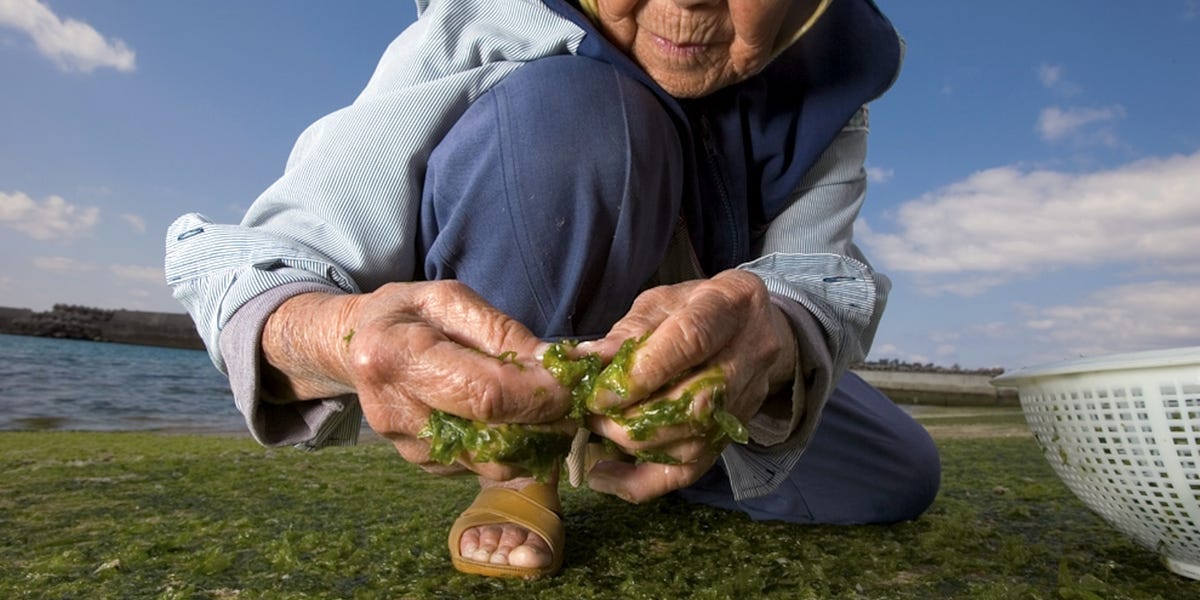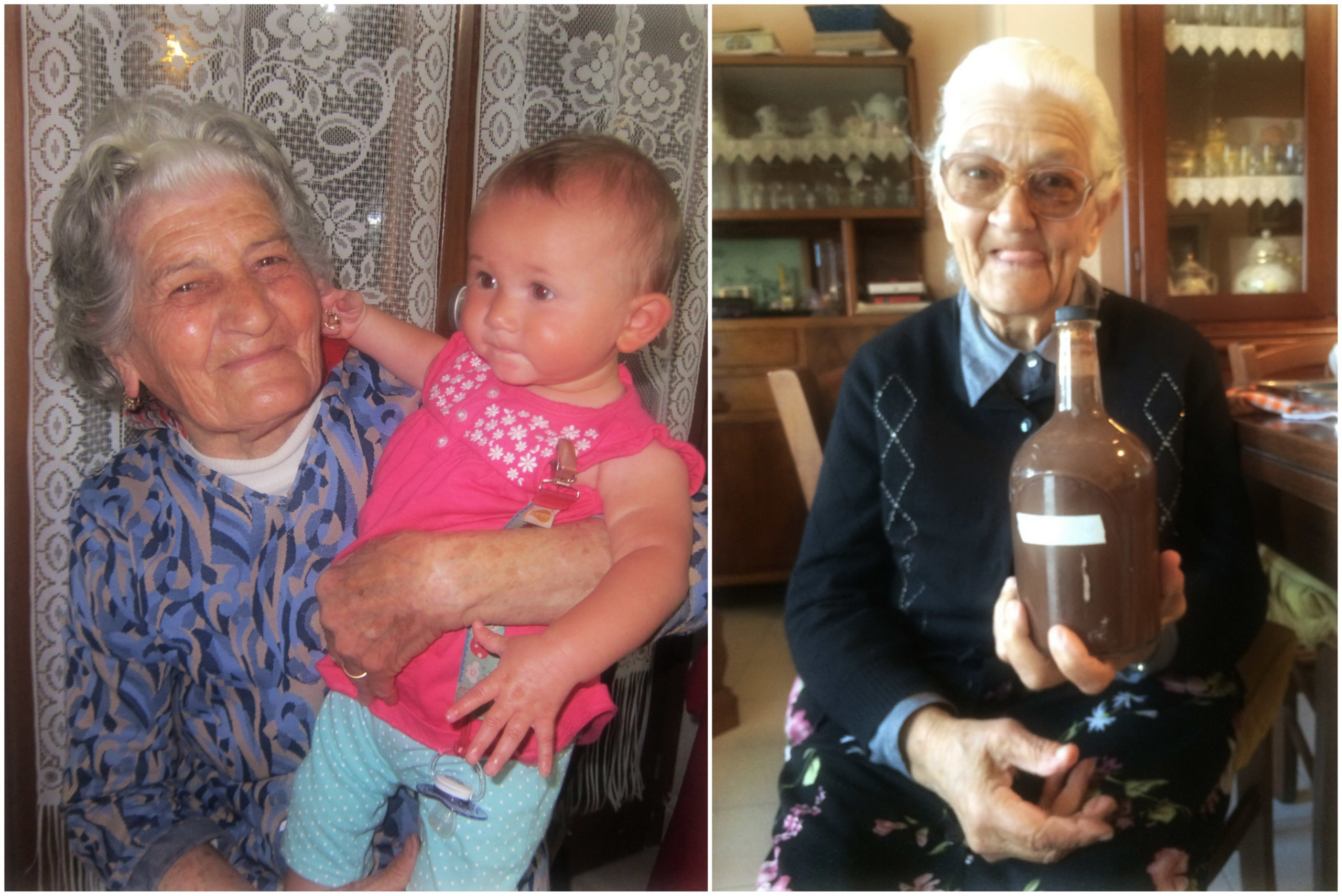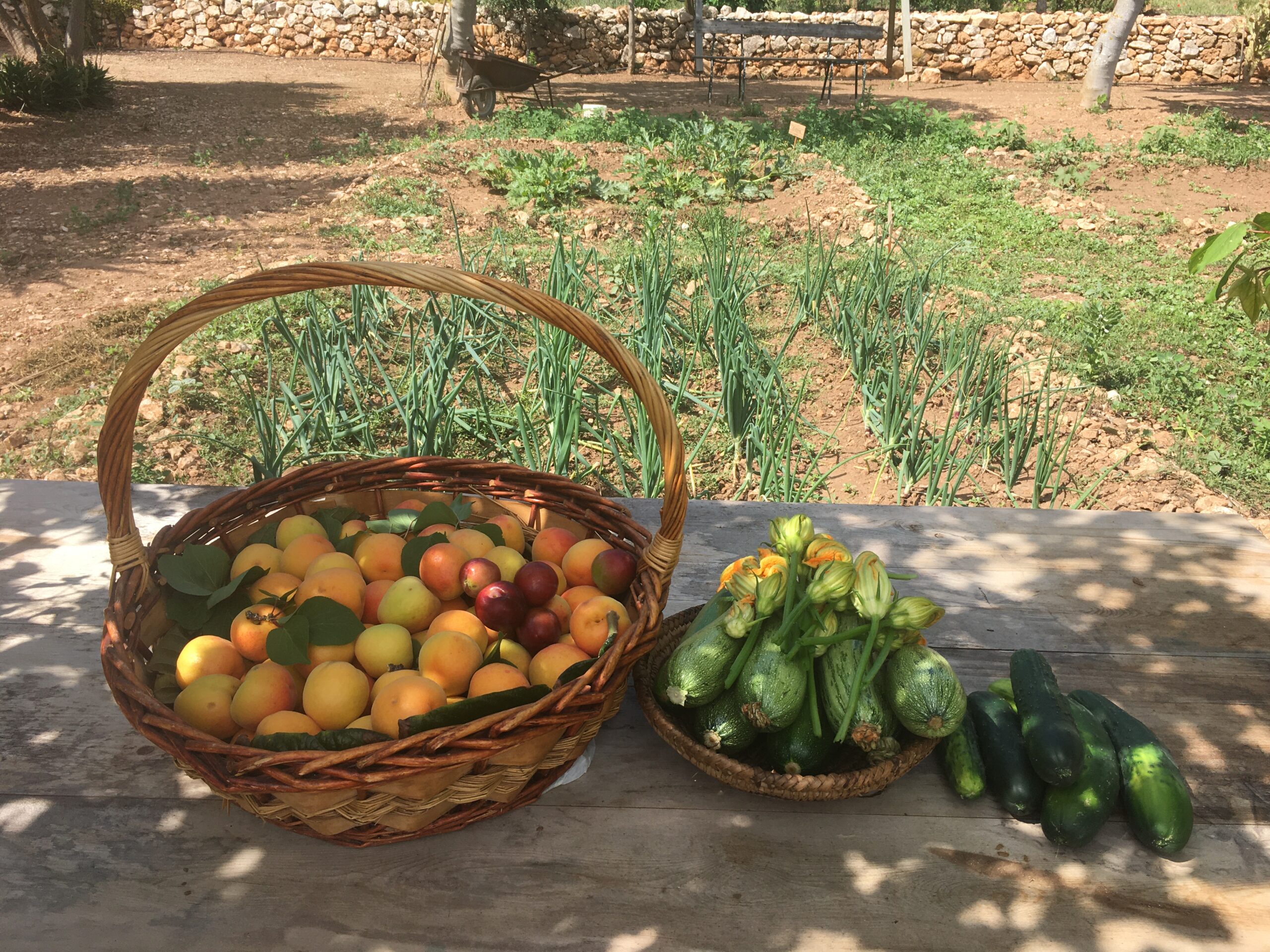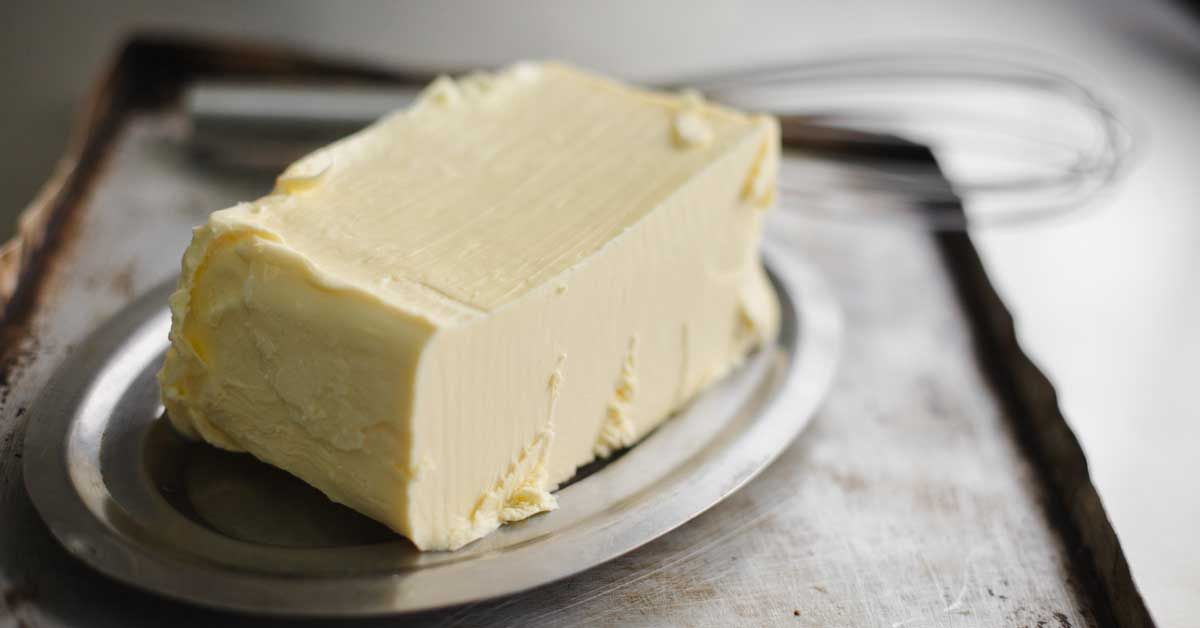Prince of Spires
 Istar
Istar
And we can in fact confirm this even today. Look at Sardinian and Okinawan traditional diet: vegetables, pork, cheese and fish, with next to no grains.
This is just wrong.Issue actually is bread. Grain is bad.
To quote wikipedia on the Okinawan diet: "As proportions of total caloric intake, foods in the traditional Okinawa diet included ... rice (12%), other grains (7%)". So 19% of their caloric intake is grain related (though I've also seen sites giving a higher % of grains in their diet).
As for the Sardinian diet, they don't have a wikipedia page, but consensus seems to be that 50+% of their diet consists of whole grains in the form of bread, rice, or pasta.
We've been eating grain in one form or another for 12.000+ years. We're pretty well adapted to them.

 Maester
Maester
 Myth Weaver
Myth Weaver






